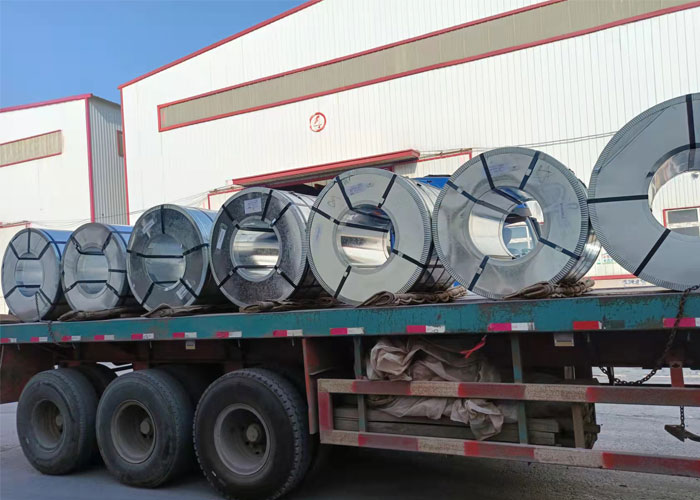Silicon is an important reducing agent and deoxidizer in the steelmaking process: for many materials in carbon steel, they contain less than 0.5% Si. These Si are generally used as a reducing agent and deoxidizer in the steelmaking process. Entered.
Silicon can be dissolved in ferrite and austenite to increase the hardness and strength of steel. Its effect is second only to phosphorus and stronger than elements such as manganese, nickel, chromium, tungsten, molybdenum, and vanadium. However, when the silicon content exceeds 3%, the plasticity and toughness of the steel will be significantly reduced. Silicon can improve the elastic limit, yield strength and yield ratio (σs/σb), fatigue strength and fatigue ratio (σ-1/σb) of steel. This is because silicon or silico-manganese steel can be used as spring steel.
Silicon can reduce the density, thermal conductivity and electrical conductivity of steel. It can promote the coarsening of ferrite grains and reduce the coercivity. It has a tendency to reduce the anisotropy of the crystal, which makes the magnetization easier and the magnetic resistance is reduced. It can be used to produce electrical steel, so the magnetic resistance loss of the silicon steel sheet is low. Silicon can increase the magnetic permeability of ferrite, so that the steel sheet has a higher magnetic induction intensity under a weaker magnetic field. However, silicon reduces the magnetic induction intensity of steel under a strong magnetic field. Silicon has a strong deoxidizing power, thereby reducing the magnetic aging effect of iron.
When silicon-containing steel is heated in an oxidizing atmosphere, a layer of SiO2 film will be formed on the surface, thereby improving the oxidation resistance of the steel at high temperatures.
Silicon can promote the growth of columnar crystals in cast steel and reduce plasticity. If silicon steel cools faster when heated, due to its low thermal conductivity, the temperature difference between the inside and outside of the steel is large, and it will break.
Silicon can reduce the welding performance of steel. Because silicon has a stronger bond with oxygen than iron, it is easy to generate low-melting silicate during welding, increase the fluidity of slag and molten metal, cause splashing, and affect welding quality. Silicon is a good deoxidizer. When using aluminum for deoxidation, adding a certain amount of silicon as appropriate can significantly improve the rate of deoxidation. Silicon has a certain amount of residual in steel, which is because it is brought in as a raw material during ironmaking and steelmaking. In rimmed steel, silicon is limited to <0.07%. When it is intentionally added, ferrosilicon alloy is added during steelmaking.
